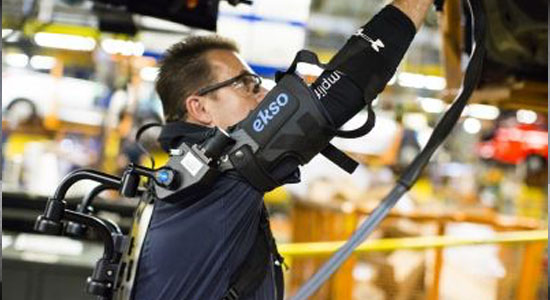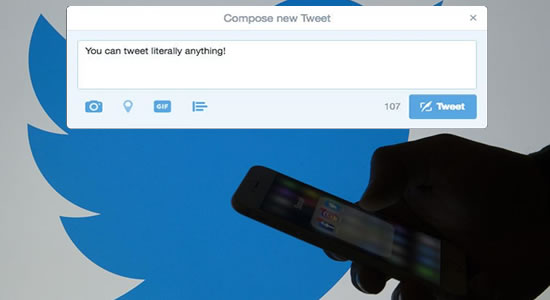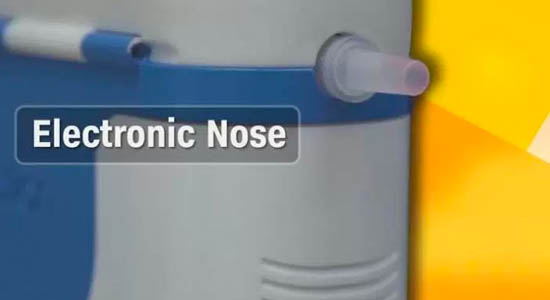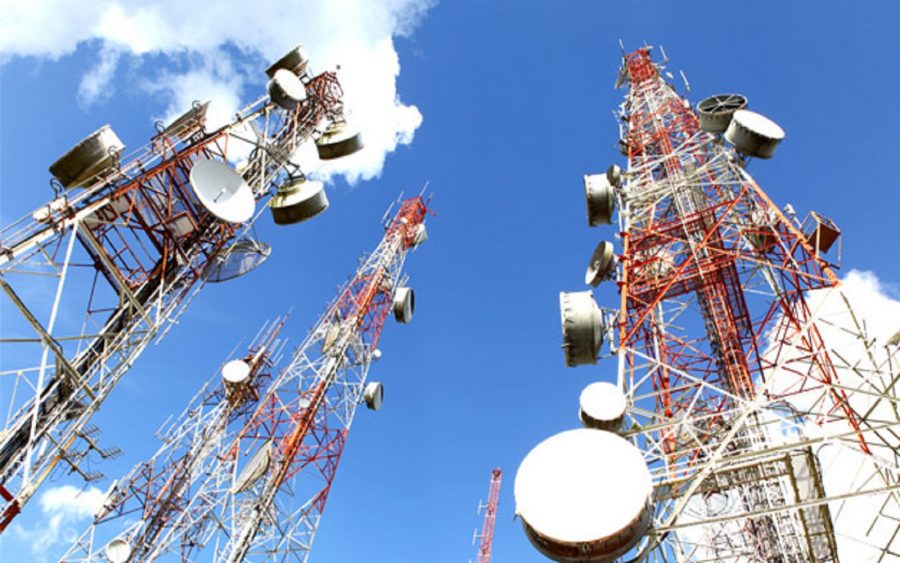Car giant Ford has announced it will equip workers with an exoskeleton to help protect them from injuries caused by repetitive movements.
In a press release published on Thursday (9 November), Ford said workers have to lift their arms overhead around 4,600 times per day. The new exoskeleton, which would be just for the upper-body, will lessen the chance of fatigue and strain. The futuristic work wear is the result of a partnership between Ford and Esko Bionics.
WikiLeaks Releases CIA's Cyber-Espionage Source Code
Whistleblowing website WikiLeaks has released a fresh batch of secret documentation allegedly pilfered from inside the US Central Intelligence Agency (CIA).
Dubbed "Vault 8", the publication is being described as a way for "investigative journalists, forensic experts and the general public" to better understand the agency's hacking tools.
NASA To Partner With Uber On Flying Cars
Uber has struck a deal with the US National Aeronautical and Space Administration (NASA) as part of its plans to roll out flying cars in cities around the world.
Uber's chief product officer Jeff Holden announced at the Web Summit in Lisbon that the company would work with the space agency to develop software for managing flying taxi routes.
Twitter Is Rolling Out 280-Character Tweets Globally
Twitter known for its iconic 140-character tweets, said on Tuesday it would roll out 280-character tweets to users across the world. Twitter said it ran a test on 280-character tweets in September that showed users spent less time editing their tweets and were less likely to abandon them. (The company says Asian languages fit more thoughts into fewer characters; the average length of a tweet in Japanese is 15 characters.)
Israeli Start-Up Sues Apple Of Copying Its Patented Smartphone Dual Camera Technology
An Israel based startup Corephotonics Ltd, has sued Apple Inc, accusing the iPhone maker of infringing on patented Smartphone camera technology. Tel Aviv-based company filed its patent infringement case against Apple in federal court in San Jose, California, on Monday.
Vodacom To Launch 5G Pilot In South Africa
Vodacom Group Ltd has agreed to a partnership with Nokia Oyj that will see South Africa’s biggest mobile-network operator test the country’s first high-speed 5G internet service.
The two companies will work together to see how the mobile broadband can be best used in Africa’s most industrialized economy, where the government has delayed a proposed auction of new spectrum. They will also examine how 5G can be used to boost industries that are important to the economy, including manufacturing, mining, and health care.
Experimental Technology Can 'Smell' Disease On Your Breath
Researchers have come up with an experimental technology that can "smell" and identify the chemical composition of a person's breath and then diagnose up to 17 potential diseases, according to the scientists who developed it.
The researchers, led by Hossam Haick of the Technion-Israel Institute of Technology, say their Na-Nose, which uses nanorays to analyze breath, can identify Parkinson's disease, various cancers, kidney failure, multiple sclerosis and Crohn's disease with 86% accuracy.

























